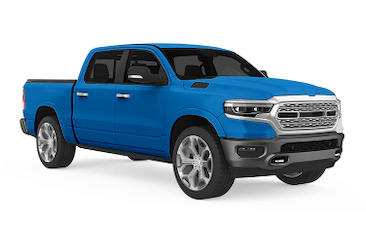Shop At Haya: Your Ultimate Shopping Guide
Discover the best shopping tips, trends, and deals for a smarter buying experience.
Bargain Hunters Unite: The Thrill of Scoring a Used Car Deal
Join the hunt for unbeatable used car deals! Discover tips, tricks, and insider secrets to score your dream ride without breaking the bank.
Top 10 Tips for Finding the Best Used Car Deals
Finding the best used car deals can feel overwhelming, but with the right approach, you can navigate the market effectively. One of the top tips is to set a clear budget before you start your search. Determine how much you can afford, including insurance, registration, and maintenance costs. Next, conduct thorough research on different makes and models that fit your budget. Online tools and resources such as car comparison websites can help you make informed decisions by providing transparent pricing and reviews from other users.
Another important tip is to utilize multiple platforms for your search. Explore classified ads, dealership websites, and online marketplaces to find the best used car deals. Once you’ve identified potential cars, arrange for a test drive and thoroughly inspect the vehicle. Don't hesitate to ask the seller for its maintenance history and, if possible, have a trusted mechanic assess the car. Additionally, negotiate the price based on your research and be ready to walk away if the deal doesn’t feel right. Remember, the goal is to get the best value for your investment.

How to Inspect a Used Car Before Buying: A Comprehensive Guide
Purchasing a used car can be a daunting task, but conducting a thorough inspection can help you make an informed decision. Start by visually inspecting the exterior of the car for any signs of rust, dents, or mismatched paint, which could indicate previous accidents. Additionally, check the condition of the tires to ensure they have even wear and sufficient tread depth. Don’t forget to look under the hood; a clean engine is usually a good sign, while dirt and grime may suggest neglect. Also, remember to check the vehicle identification number (VIN) against the paperwork to confirm its authenticity.
Once you have inspected the car's exterior and engine, it's time to take a closer look inside. Open the doors and examine the interior for any wear and tear, checking the condition of the seats, dashboard, and controls. Pay special attention to the functionality of the electronics, such as windows, lights, and air conditioning. Next, take the car for a test drive to evaluate its performance; listen for unusual noises, and pay attention to how it handles on different roads. Lastly, consider obtaining a professional inspection to ensure there are no hidden issues that could lead to costly repairs in the future.
Are You Getting Ripped Off? Essential Questions to Ask When Buying Used Cars
When considering a purchase in the used car market, it is vital to ask the right questions to avoid feeling like you're getting ripped off. Start by inquiring about the car's history: questions such as 'Has it been in any accidents?' and 'Can I see the vehicle history report?' are crucial. Additionally, ask about the maintenance records to ensure that the car has been well taken care of. A comprehensive overview will help you determine if the asking price is justified based on the car's condition, mileage, and history.
Furthermore, it's essential to probe the pricing of the used car you’re interested in. A good strategy is to compare prices using resources like Kelley Blue Book or Edmunds. You should ask the seller, 'How did you determine this price?' and look for discrepancies in their answers. Finally, consider inviting a trusted mechanic to inspect the vehicle before finalizing your purchase. Their expert opinion can highlight potential issues that may not be immediately visible, saving you money and disappointment down the line. Remember, asking the right questions can mean the difference between a great deal and getting ripped off.